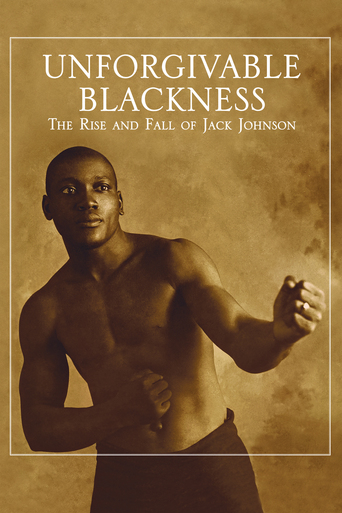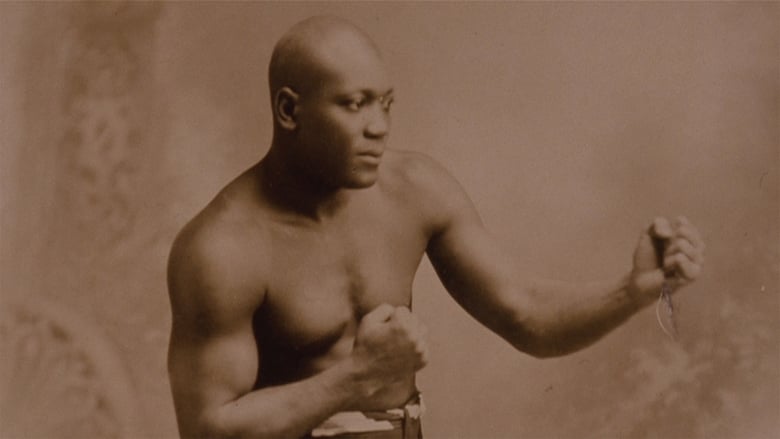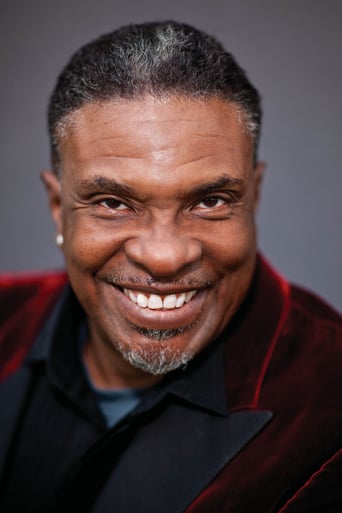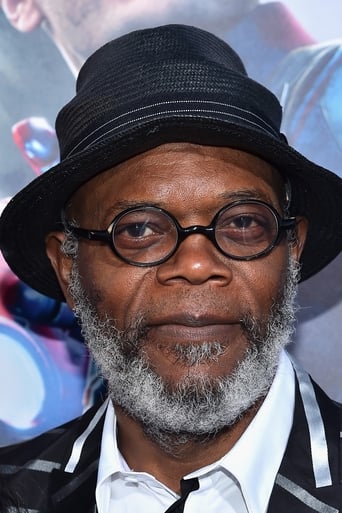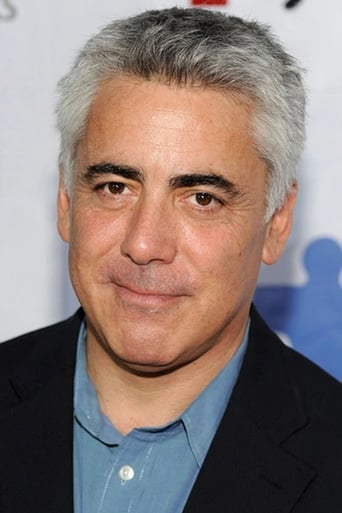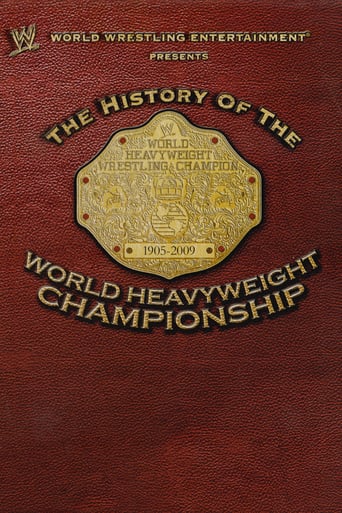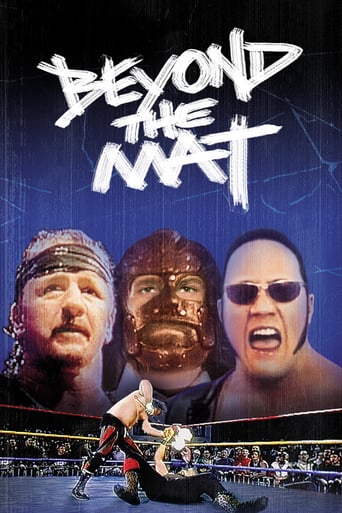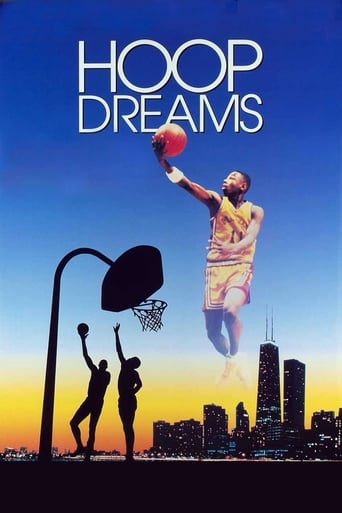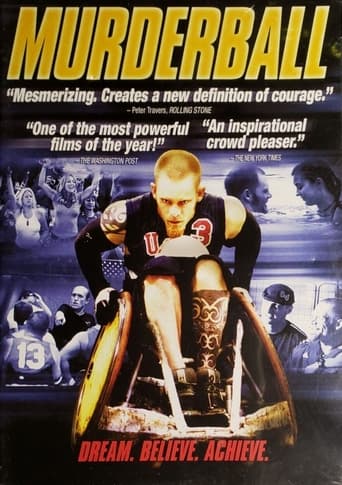Unforgivable Blackness: The Rise and Fall of Jack Johnson (2004)
The story of Jack Johnson, the first African American Heavyweight boxing champion.
Watch Trailer
Free Trial Channels
Cast


Similar titles
Reviews
Good concept, poorly executed.
I enjoyed watching this film and would recommend other to give it a try , (as I am) but this movie, although enjoyable to watch due to the better than average acting fails to add anything new to its storyline that is all too familiar to these types of movies.
While it doesn't offer any answers, it both thrills and makes you think.
It's simply great fun, a winsome film and an occasionally over-the-top luxury fantasy that never flags.
As the author of a biography about Canadian heavyweight champion Tommy Burns, I can tell you Unforgivable Blackness didn't tell the whole story by portraying Tommy as a racist who had to be badgered into fighting Jack Johnson. Until Tommy Burns came along, all the heavyweight kings had been white Americans who openly drew the so-called 'colour line,' refusing to fight blacks. Tommy, who fought seven African-American boxers on his way up, announced the day that he won the title that he would take on all comers, regardless of race or religion. Among other things, Tommy Burns did the following: * Break the colour line by becoming the first white champ to fight a black boxer (Jack Johnson). * Become the first champ to give a Jewish boxer (Joseph Smith) a crack at the title. * Married a black woman. * Hire two black sparring partners. * Befriend and socialize with black fighter Billy Woods. Tommy Burns was a racist by the standards of 2007, often using the 'n' word in interviews. But by the standards of his era, he was a very progressive individual. And although director Ken Burns doesn't acknowledge it in his otherwise very good film, if it wasn't for Tommy Burns, no one alive today would know or care who Jack Johnson was. Dan McCaffery, author, Tommy Burns: Canada's Unknown World Heavyweight Champion
Jack Johnson, the first black heavyweight champion, is usually seen as one of the greatest heavyweights of all time. Ken Burns' "Unforgivable Blackness" paints a picture of Johnson as a great defensive fighter, ranging from his roots in mainly all-black boxing to showing him demonstrating moves to a younger fighter when Johnson was well into middle age. Indeed, Johnson used his defensive skills to beat not only white boxers like ex-champion Jim Jeffries, in the 1910 racially charged championship bout in Las Vegas, but top black boxers like Joe Jeannete, Sam Langford, and Sam McVey. The pumped-up strong boys in today's diffuse heavyweight division look physically fearsome, but I believe Johnson's defensive skills would have made it difficult for anyone to beat him, including Mike Tyson in his prime.The portrayal of Johnson in the "Boxing's Best" series was excellent, but nearly three hours shorter than this 216-minute documentary. Some of the same footage and photos are in this video, but here we get more footage and far more of other stuff. Shown are footage of Johnson's fights with Jeffries, Tommy Burns (from whom he won the title), Fireman Jim Flynn, Stanley Ketchel, and Frank Moran, and other boxing clips of himself and others. The buildup, aftermath, and social meaning of the Jeffries fight are thorough and thoughtfully done.White champions since John L. Sullivan in the 1880s had refused to fight black challengers until Johnson defeated Burns. The subsequent efforts at finding a great white hope are shown (although one omission was no mention of the greatest white hope, Luther McCarty, who died during a match and thus never got to fight Johnson). For whites, regaining the championship was important. Another omission was not mentioning that Johnson lost to white boxer Marvin Hart, who then won the title after Jeffries retired (later, Johnson crushed Burns, who had beaten Hart). I am suspicious of some of the decisions given to white boxers over black boxers in those days. Or, was it a legitimate victory? How about a comment, Ken?What about Johnson the man? Jack Johnson was an individual to himself and to his own desires. He was not someone who, as the first black heavyweight champion, saw himself as a role model for his race and therefore, obliged to behave in a certain fashion, whether it be, say, more defiant than compliant with white standards. He liked to live the high life, dress well, eat well, drive fancy cars and race cars, perform on vaudeville, etc. Originally from Galveston Texas, he is also the Jack Johnson of Europe and Australia and Cuba and Mexico. He was always on the go, whether chasing Tommy Burns all over the earth to pressure him to fight him for the championship or running off to another country because of trumped-up charges of violation of the Mann Act. Much effort was made to produce expansive footage and photography: Ken Burns tried hard and succeeded.Johnson and white women would not be such a taboo item today, but would narrators concede in private (they do not in narration) that his being such a frequent consort of prostitutes can justifiably be seen as a negative trait anytime? For this and his individualism and flamboyancy, he was detested by whites and also some blacks.But Johnson did not care. The film briefly mentions some parallels with Muhammad Ali. However, while Ali could be angered, by political and social issues, and by black opponents calling him Cassius Clay, Johnson was just carefree. He laughed at racial abuse given him in the ring. Ironically, after having such a hard time getting a white champion to fight him, Johnson denied black fighters a chance to fight him because white challengers would result in bigger purses (and presented less risk). The commentators are writers like Gerald Early (who was also on Burns' "Baseball" and "Jazz" documentaries), Stanley Crouch, Jack Newfield, and George Plimpton; Johnson biographer Randy Roberts; boxing expert Bert Sugar; former light heavyweight champion Jose Torres; James Earl Jones (who played Johnson in "The Great White Hope"), and others. One thing that was better about "Unforgivable Blackness" than "Baseball" was that the celebrity non-baseball experts infused some nonsense into the latter (I enjoyed the baseball personalities); here, the commentators consistently add insights and are knowledgeable about boxing.
What a perfect documentary. What a master Ken Burns is. Unforgivable is the story of the indestructible Jack Johnson, the first black heavyweight boxing champion, whose legendary style downed even the toughest white contenders inside the ring, and sent almost every white American into a frenzy of racial contempt for him, outside the ring.Jack Johnson is such a rich subject; it seems we could never tire of him. He was the rags to riches American dream. He was the champ who repulsed an entire generation of whites - refuting their fundamental belief that blacks were by nature inferior beings. He was the pioneer that paved the way for future black athletes, who had formerly been relegated to Negro leagues. And he was the social trailblazer as well, integrating with whites in unprecedented and often dangerous ways. Now Burns has reconstructed his life in and outside the ring through this wonderful collection of photos, interviews, film reels and archival documents. In short, I've seen no other documentary that so pungently depicts the black struggle to be accepted, and indeed, free in America.
Ken Burns has done an amazing documentary on the life of Jack Johnson -but even more amazing is the story he tells of the times in which Johnson lived. There is still racism in this country, for sure - one wants to believe that at least in most parts of the country, it is a little more circumspect than racism was during Johnson's life. This documentary provides a truly astounding look at this country at the beginning of the century, and a lot of it is unattractive. Johnson, called "The Ethiopian," could not go after the heavyweight title because the white fighters swore no black man would ever have it. When he finally did get it, Jim Jefferson, the undefeated champion, who had refused to fight Johnson, was dragged out of retirement 10 years and 100 pounds later to try to reclaim the title. He failed, and commented that in his prime, he could never have beat Johnson.In his belief system, Johnson came up against a contemporary, Booker T. Washington, who believed that, rather than worry about segregation, blacks should build a power, education, and money base first. Johnson preferred to live as if segregation did not exist. He lived in white neighborhoods, moved his mother into one, flaunted his money, and consorted with white women. His quest for individualism cost him dearly. He bucked a system that simply would not stand for it.This is a fascinating piece of our history, one that should not be missed.

